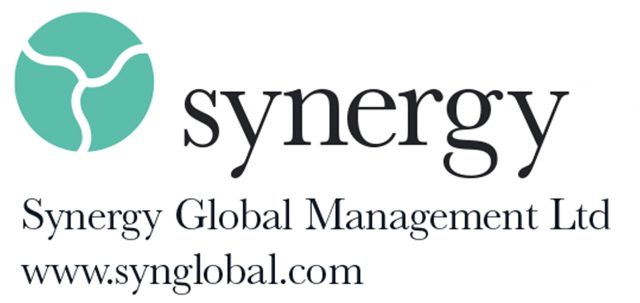Making tax digital (MTD) for VAT registered businesses has been a very hot topic since being introduced by HMRC at the beginning of 2018. With its pilot product in place over the past year it was open for discussion and comments and finally went live on 1st April 2019.
What actually is MTD? In broad terms MTD stands for making use of commercial digital software that is compatible to HMRC’s operating systems to enable reporting of taxes on a regular basis. A good example of a similar process already implemented by HMRC was the RTI (Real Time Information) system for payroll submissions. There have been many other various proposals requiring incorporated and unincorporated businesses to report income and expenditure to HMRC on a quarterly basis, but this was mainly to be introduced for corporation and income tax purposes. It is acknowledged that these improvements towards digitalising tax require huge investment not only by the tax authorities but also by business. The implementation of MTD for VAT is only the start of a much bigger government process to make all tax gathering information digital.
Returning to MTD for VAT, it is important to know that at this stage it is mandatory only for businesses with an annual turnover of over £85,000. All other VAT registered businesses can continue using the government gateway where they can manually key in the figures for their VAT returns. This service will be abolished in the near future and the smaller businesses will be required to submit their VAT returns under the new MTD system. In any case it would be wise to get ready and look for a compatible software that enables your business to comply with the latest VAT requirements. The main impetus behind MTD for VAT is to give assurance to HMRC that businesses will reduce errors and omissions in their returns. This is becoming a common trend among most European countries where along with the VAT return companies provide detailed record of all sales and purchase invoices.
If you do not have MTD compatible software and have to choose one, there are various factors to consider – the complexity of the trade, the industry sector, the VAT scheme and the functional currency of the business. Some UK companies that trade overseas or form part of a larger group may produce Financial Statements in a foreign currency and not in Sterling. If their system is set up in a way to generate the year-end reports in foreign currency, they will find it difficult to submit their VAT returns directly through the software they use as VAT submissions are accepted only in Sterling. MTD will be quite challenging for these businesses and at that stage the only solution is to use bridging software that converts the values of the transactions from the foreign currency to sterling and then to submit the VAT returns through the bridging software.
Getting into more technical terms, there are some important dates to remember. The first MTD submission of a quarterly VAT return, excluding the businesses that had already switched to the pilot scheme is due by 7th August 2019. This is for the quarter that covers the period from 1 April 2019 to 30 June 2019. It is important to know that to enable the VAT submissions under MTD, the service would have to be activated with HMRC first and then followed by authentication of the software. For accountants using Agent Service Account (ASA) the earliest time to sign up their clients for MTD is 5 working days after their last non MTD submission. The opposing deadline is 15 working days before their clients’ first MTD VAT submission. This means that for the quarter from 1 April 2019 to 30 June 2019, the earliest date to sign for MTD via ASA will be 14 May 2019 and the latest date 17 July 2019. Businesses that currently pay VAT by Direct Debit cannot sign up for MTD in the 7 working days leading up to, or the 5 working days after their VAT Return is due in order to allow HMRC to update their records with their payment.
HMRC is now urging mandated businesses to get ready for MTD for VAT by sending letters to the ones that were not signed up to the pilot scheme. Based on latest reports, HMRC recognises that businesses will require time to become familiar with the new requirements of MTD and during the first mandated year will not issue filing or record keeping penalties where businesses are doing their best to comply. However, sanctions will remain possible in cases of deliberate non-compliance, and in order to safeguard VAT revenue. In addition, there is a lot of information available on the Government gateway website: https://www.gov.uk/government/publications/makingtax-digital/overview-of-making-tax-digital
***The information contained in this article is for information purposes only. No liability or responsibility is assumed by the authors for any actions taken in reliance thereon***























